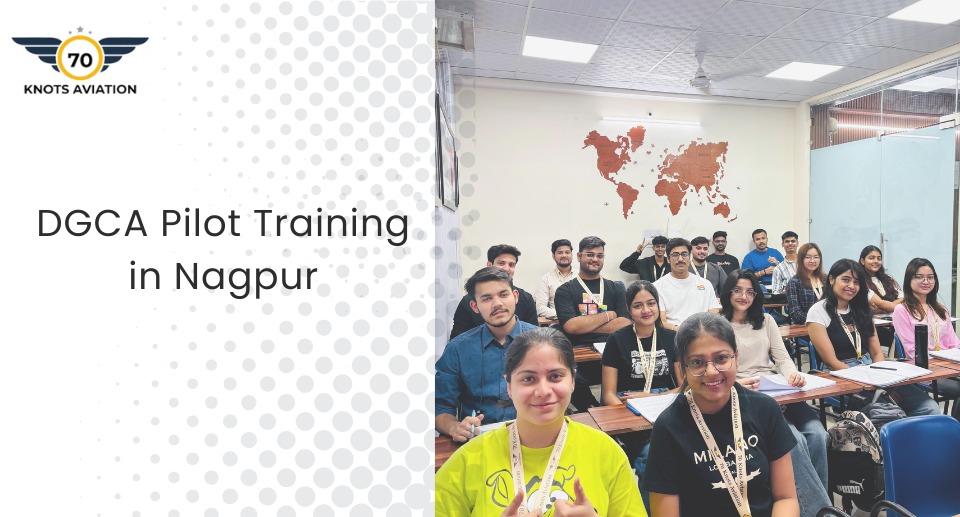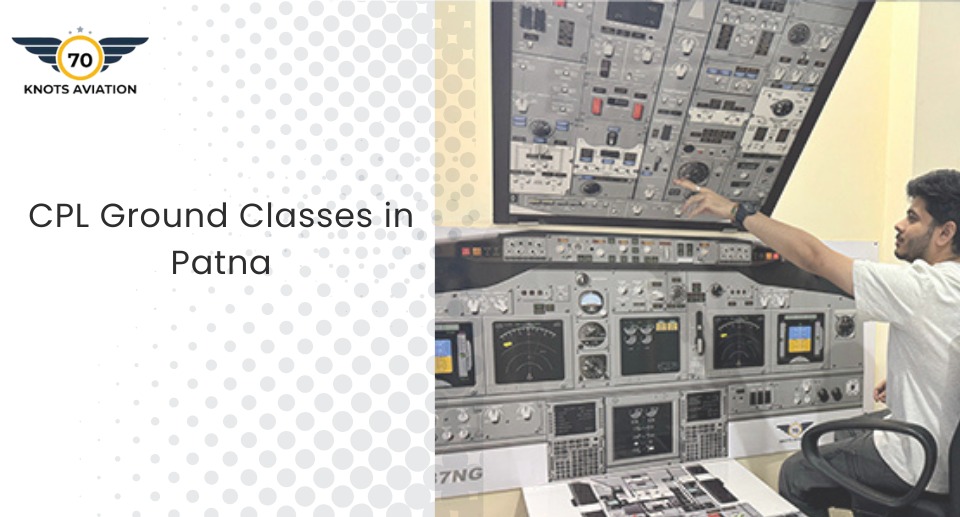Understanding the DGCA Exam: Tips for Aspiring Pilots
DGCA examination is often the dream of every aviation enthusiast, and one doesn’t get through it without putting in more sweat and toil than mentioned here. This blog, hence, becomes a whole package guide regarding the structure, content, and preparation strategies of the DGCA examinations-subject-wise breakdowns, as well as effective study tips.
1. Structure of the DGCA Exam
The DGCA exam consists of various components intended to assess an aspirant candidate’s subject knowledge and skills in aviation. Understanding this structure is the key to effective preparation.
a. Written Tests
Aviating candidates must face many written tests on many aviation-related topics. Questions can be broadly categorized under two heads, namely, theoretical knowledge and practical application.
b. Practical Assessments
The practical ability tests in flight tests check the candidate’s actual piloting skills, emergency procedures, and general flight competence only after the candidates have passed their written tests.
c. Interview Process
Third, a candidate can pass through an interview process. His passion, dedication, and understanding of the aviation industry will be tested.
Types of Licenses
The DGCA exams mainly focus on two types of licenses.
- Private Pilot Licence (PPL)
- CPL Commercial Pilot License
- Content Decomposition
This vast syllabus has been divided into various lines of study. Amongst these, the major ones include:
a. Aerodynamics
The understanding of flight principles has its base concepts, which include:
- Lift Drag thrust, and Weight
- Bernoulli’s principle
- Control surfaces and how they work
b. General Aircraft Awareness
The candidates must be informed of the structural components and aircraft systems:
- Airframe, engine, and avionics
- Emergency equipment and procedures
c. Flight Performance and Planning
This paper discusses:
- Weight and moment calculations
- Performance chart and its applications:
- Flight planning techniques
d. Meteorology
Knowledge of the weather is essential for a pilot. A candidate must learn:
- Weather patterns and phenomena
- Isolates the weather reports and charts
e. Orientation
A proper understanding of directions, for starters. Any cover should contain the following:
- Basic Navigation Principles
- While utilizing navigation aids and charts
f. Human Performance and Limitations
The human factor is very important in understanding pilot performance. They involve such elements as:
- Physics and Psychology of Flight
- Stress, disease, and tiredness efforts:
g. Statute
Familiarization with such requirements laid down by DGCA rules and such compliance necessitates safe and legal flying.
3. Preparation Strategies
A good preparation process may ensure passing a DGCA exam. Here are some tips to help one achieve it:
a. Recommended Study Materials
Use multiple sources, such as:
- Textbooks on the DGCA syllabus
- Online training programs for future pilots
- Aviation forums for peer discussions and tips
b. Study Tips
Create a schedule: Arrange to study all the subjects regularly.
Regular Self-Assessment: Take mock exams to measure your knowledge and the areas that need improvement.
Join Study Groups: Team up with other wannabe pilots for camaraderie and motivation.
c. Operational Flying Experience
Relevance Practical flying experience can supplement theoretical knowledge; one can take a chance and pursue flying school for actual hands-on training.
4. Towel for aspiring aviators
For further information and resources, please visit 70knotsaviation.com. It affords experts, study material, and guidance of professionals just to the aid required to pass the DGCA.
Conclusion: It is a very rewarding experience to become a pilot, but it involves a lot of dedication, hard work, and proper preparation. Knowing the structure and content of the DGCA exams and proper study strategies will put you back on track. So just keep going and remember, every step takes you closer to your dream of flying in the skies!




